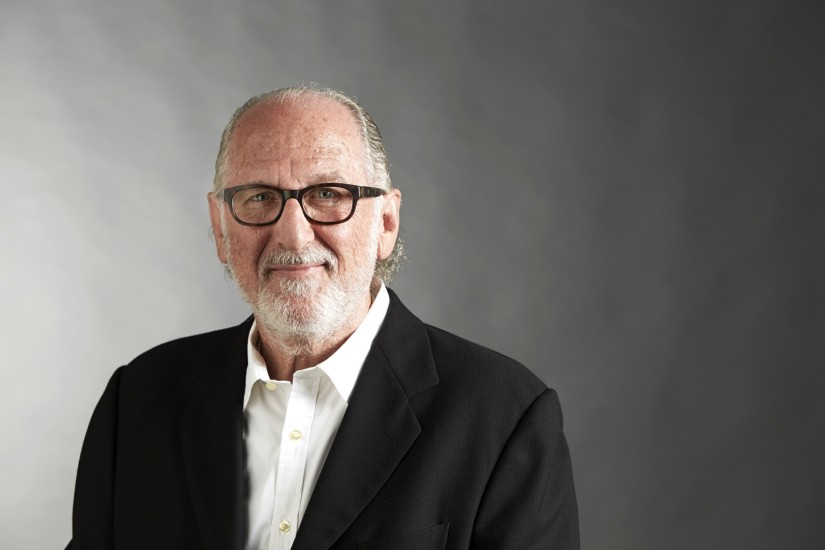A Voice For Cancer Patients – Phil Mendoza-Jones
30 January 2020
News

A Voice For Cancer Patients
Phil Mendoza-Jones
Who are you and what do you do?
I was diagnosed with colon cancer in 2004 and had seven months of chemotherapy. When I finished the chemo treatment, my surgeon said, ‘Would you help me promote awareness of colon cancer?’ How could I say no?
Apart from being interviewed for radio and magazines, I appeared with my surgeon on TV with Kerry-Anne Kennerly. We brought this huge colon you could walk through to see polyps that can turn into colon cancer and a polyp which had gone bad, to demonstrate clearly just what can happen. At the same time, I met with patients going through chemotherapy at the Prince of Wales Hospital so they could see that it’s possible to survive this disease.
I have chemotherapy induced peripheral neuropathy (CIPN), which is nerve damage caused by chemo treatment. In 2015 I was invited to join the CIPN Research Group at the University of New South Wales as a consumer adviser.
Next were webinars, podcasts and exercise videos for the NSW Cancer Council, where I was also trained to review applications for research grants. I was then invited to become part of TCRN (Translational Cancer Research Network) on its Consumer Advisory Panel. Here, I work with researchers and provide feedback on their funding applications. As a cancer survivor, you bring a real-world perspective to these research projects.
What motivates you?
After sharing my cancer story for about a year, my surgeon said to me, ‘Do you know that by talking to people and urging men to have colonoscopies, you have saved someone’s life?’ That was quite a shock, because I never thought of it like that.
Now I can’t say no to any request – even giving presentations to medical students at UNSW as well as high school kids. The survivors are those who bring the hands-on experience to the research process; the researchers are the ones who try to work out what to do with it. It’s up to us to give them the best feedback we can to maximise their results.
No-one wants to get cancer, but I can say now that the experience has really added a whole new dimension to my life. The more involved I become with cancer research, the more I feel that I’m helping somehow, some way, to improve the quality of someone’s life – or even to save it.
I am and I will
I’m a voice for cancer patients. My dedication as a survivor will help save lives.
This article is republished with permission. View the original article here.